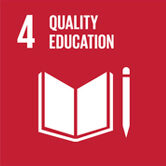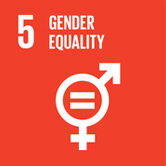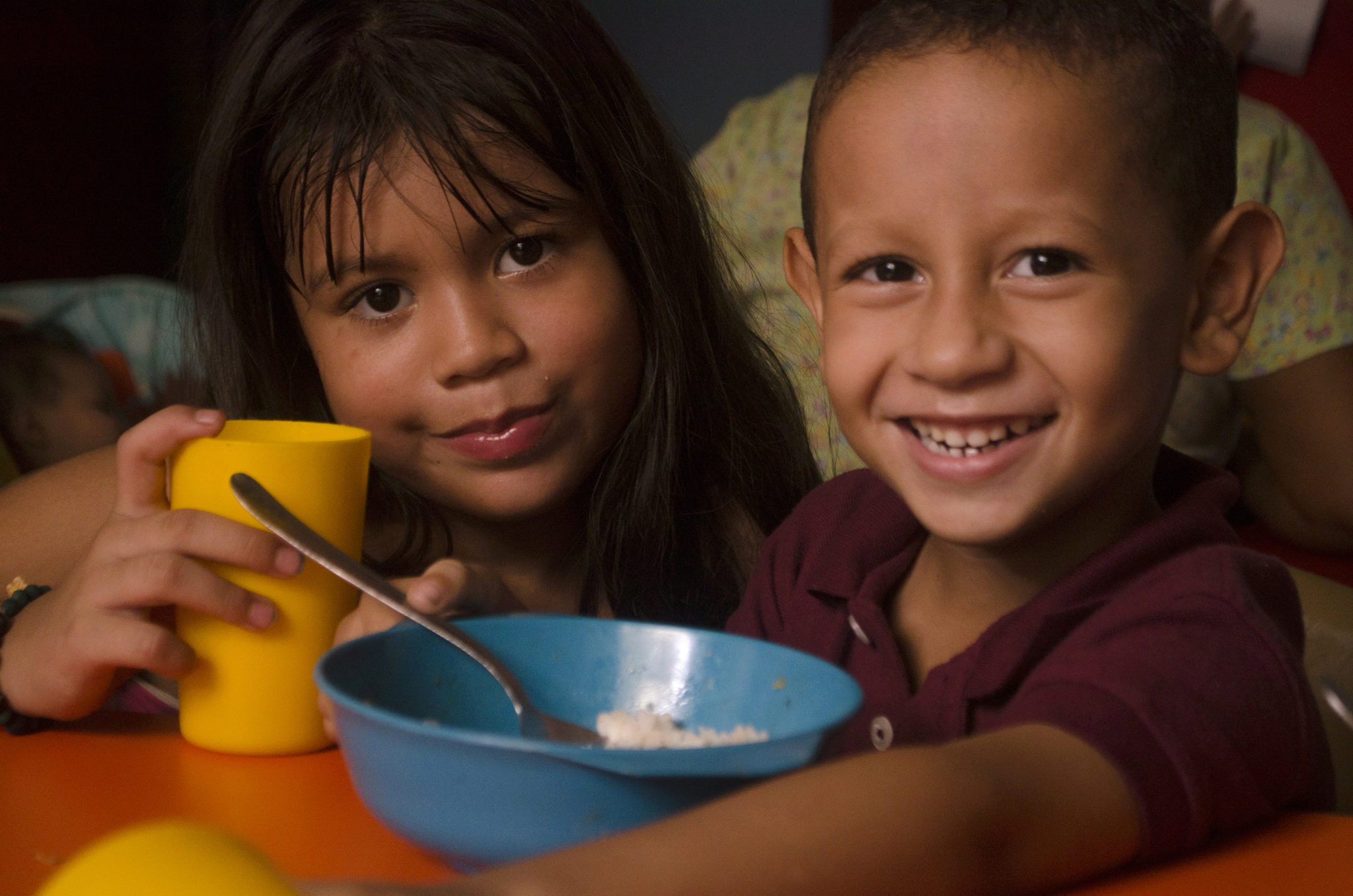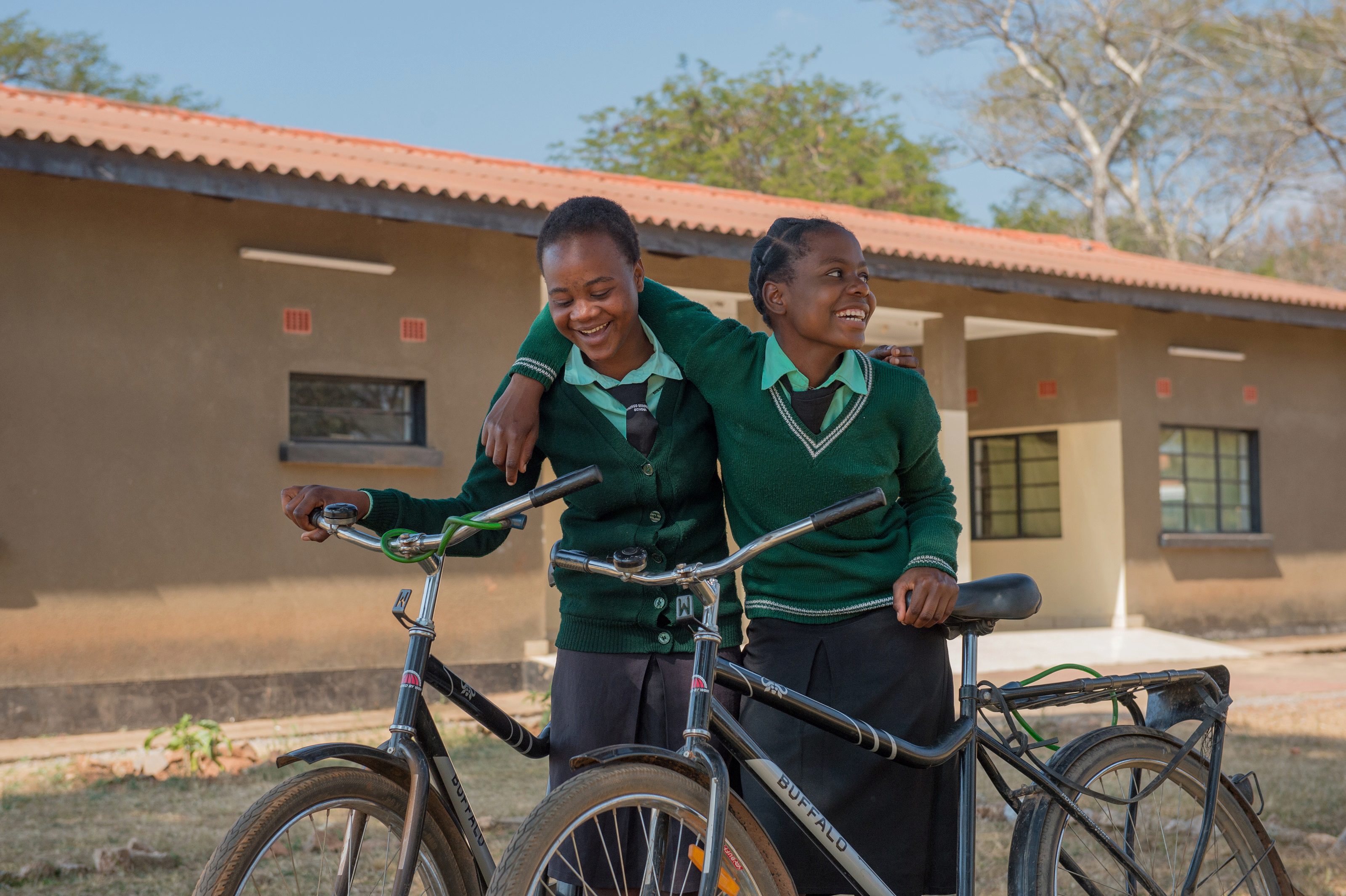
2019 Winner: ACEV
ACEV develops and implements evidence-based educational programs to make sure every child is safe, healthy, happy, and learning. They work across Turkey and internationally to reach children, parents, and young women in need, especially low socioeconomic status groups and refugees. Their activities center on quality education in early childhood, gender equality, the family’s role in raising the next generation, and life-long learning. ACEV’s training programs have targeted all stages of human development and all members of the family from early childhood to parenthood, with common goals of reducing disparities and addressing inequalities in various domains. Almost one million beneficiaries have participated in their training programs and ACEV continues to grow with their volunteer trainers and an ever-expanding collaborative network. Beyond educational programs and field activities, they also carry out advocacy activities in order to raise awareness and generate support.

Primary Area of Impact: Education
Geographic Areas (Continents): Asia, South America
Geographic Areas (Countries): Brazil, Laos, Lebanon, Saudi Arabia, Turkey
Year Founded: 1993
Mission: ACEV’s mission has been to make a lasting contribution to society by supporting the development of children and their environments through education starting from early years.
Website: https://www.acev.org/en/
Social Challenge
Many of the world’s children lack access to quality early childhood development and education (ECDE) during their most formative years. As of 2018 in Turkey, less than 1% of 0-to-2-year-olds and only 25% of 3-to-5-year-olds attend childcare and preschool, compared to 35% and 80% in the OECD, respectively. The root cause of this problem is not only the prevailing socioeconomic and gender inequalities, but also a lack of awareness of the importance of early childhood in addressing these inequalities. As stated by the G20 Development Working Group, “early childhood is a critical time for individual growth, because of the unparalleled speed at which brain architecture develops”. Yet, an estimated 250 million children under age five in low- and middle-income countries today risk failing to meet their basic developmental potential as they lack access to free quality ECDE services.
UN Sustainable Development Goals (SDGs)
Leadership
ACEV has pioneered the two-generation approach to early childhood parenting education, combining the needs of children and parents with structured content adapted to beneficiaries’ needs. While many ECDE programs tend to focus on either the parent or the child and often work with them as individuals, ACEV uniquely combines delivery to both with specific content implemented in a group context. ACEV’s parenting programs leverage the parents in their natural educator roles, as “first educators” and “partners in education.” By training the mother as an ECD “educator,” providing educational support and a sense of community to both parents throughout their children’s development, ACEV’s programs serve their goal of empowering young children and their environments in cost-effective ways. ACEV’s models have transformed delivery channels and methods of ECDE provision, promoting inclusion, as children without access to preschool are provided with a proven alternative.
Impact
Academic studies on ACEV programs found significant effects in beneficiary attitudes, knowledge, and skills as well as long-term impact on the individual’s socioeconomic status. Below are some highlights from these studies:
- Young children participating in ACEV programs had better verbal and numerical skills, improved academic success, better school readiness and adjustment, better family relations and higher status jobs than their peers in the longer term.
- Parents, in particular fathers, employed more positive and less gender-based child-rearing methods, greater amounts of quality time spent with their child, had higher awareness about health, collaborated more frequently with teachers and principals, increased their awareness about hygiene and child nutrition, and became more involved in supporting their child’s cognitive development practices.
- Women reported better family cohesion and displayed increased self-confidence, more positive self-concept, and higher social integration. Participants of ACEV’s Literacy and Empowerment programs have had higher scores in reading, writing and critical-thinking skills than participants attending other literacy courses.
Innovation
ACEV’s early childhood parenting education model stands out as an innovative and effective model for ECDE in developing countries, where public provision of ECDE remains limited. ACEV has been effective in developing a range of novel content and approaches for children’s preschool education. ACEV ensures that parents have the resources to support the child through educational materials designed to replicate a preschool curriculum in the home or a short-course intensive preschool program in the community for the most vulnerable immigrant families or refugees. ACEV’s alternative models have thereby transformed delivery channels and methods of ECDE provision, promoting inclusion, as children without access to preschool are provided with a proven alternative.
Transferability
ACEV’s early childhood and parenting education model is an easily replicable and adaptable model driven by the needs of the target population. Success of the model lies in its evidence-based content where programs are structured for replicability based on decades of research. It ensures constant adaptation to local needs, an example of scaling up while maintaining quality. ACEVs programs have already been implemented in 15 countries outside of Turkey and translated into 6 languages. The collaboration between ACEV and the Ministry of Education in Turkey paved the way toward a mutually beneficial, long-term, sustainable relationship. This partnership has been institutionalized, where the importance of ECDE, encompassing both formal center-based preschools and home-based early enrichment models, is now recognized as a policy priority by the Turkish state, impacting the lives of millions of children. Additionally ACEV has developed online programming, which was further expanded during the COVID-19 pandemic, to promote knowledge about early childhood education and parenting to a wider audience of parents
Accomplishments
- The International Prize by the US Library of Congress, 2014
- “Champions of Youth” Award by the EMPower Foundation, 2013
- The World Innovation Summit for Education (WISE) Award by the Qatar Foundation, 2010
- Turkey Civil Society Organization Award by the Confederation of Civil Society Organizations, 2010
- “2008 Golden Spider Web Awards”; 1st place among Civil Society and Social Responsibility websites, DorukNet, 2009
- “International Relations Research Society Honor Award” by Gazi University, 2008
- “Golden Compass Public Relations Award” by NGO Projects, Public Relations Society of Turkey (TUHID), 2008







